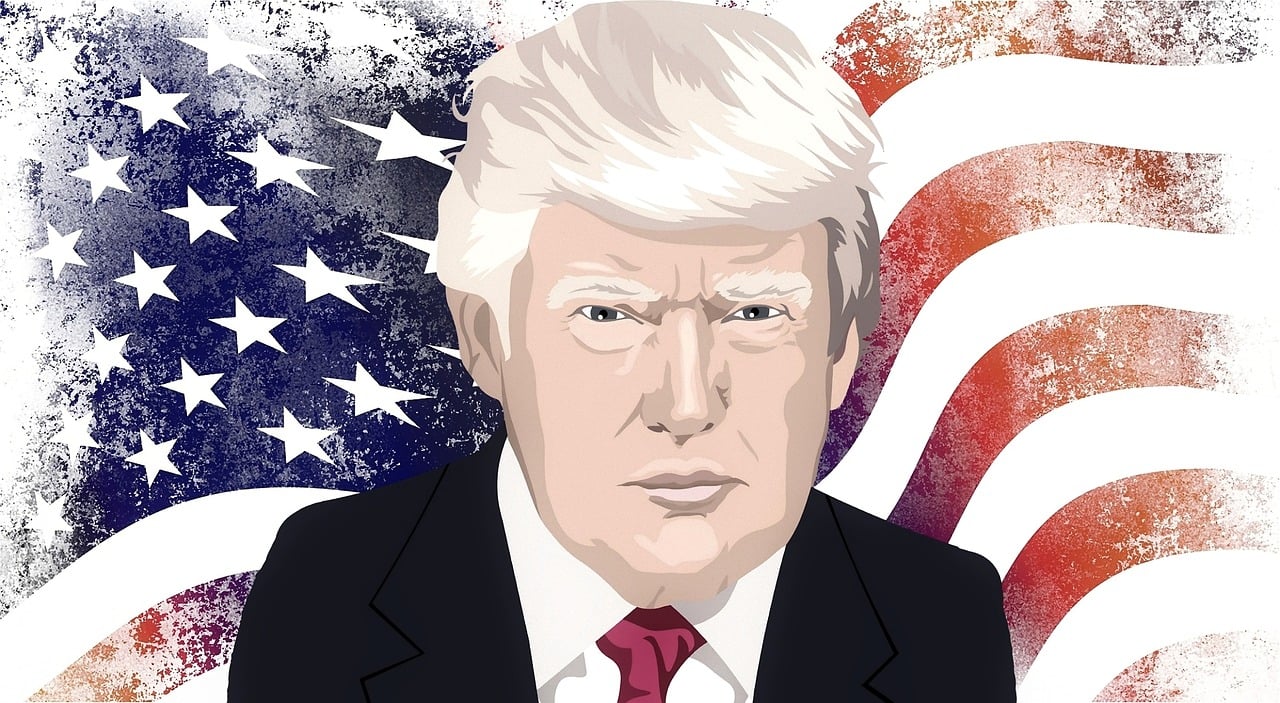Even Trump Opponents Have Suggested a New Jurisprudential Phenomenon called Trumplaw
WASHINGTON, D.C. (October 16, 2018) – Attorney General Jeff Sessions has just criticized federal judges he thinks are trying to thwart President Donald Trump’s policies, calling their actions “outrageous,” and examples of “judicial activism” and “judicial encroachment.”
While to many Sessions’ claims may seem to be nothing more than political rhetoric designed to defend the president and his own Justice Department, there may in fact by something to it, as many critical of Trump have long pointed out, claims public interest law professor John Banzhaf.
As Banzhaf noted more than a year ago, many who oppose Trump have suggested that judges are bending if not almost breaking the law as part of a phenomenon they call “Trumplaw.”
Q3 hedge fund letters, conference, scoops etc
Even more alarming is that even those noting this new approach to deciding cases appear concerned not only that it will extend too far and possibly hobble the new president, but that the new principles being developed may create legal precedents which will carry over and adversely affect other presidents, and even agency heads in the future, says Banzhaf.
For example, the New York Times described this new method of deciding cases as "a set of restrictions on presidential action that only apply to Donald Trump. This president cannot do things that would be perfectly legal if any other president did them, under this standard, because the courts will rule against his past demagogy rather than the policies themselves."
While hardly in favor of the President's so-called Muslim bans, the Times was nevertheless worried that the various court decisions staying them establish "a precedent that would further politicize an already-partisan judiciary, by licensing judges to constantly look beyond the law for excuses to rule against politicians (liberal or conservative) they dislike."
Moreover, suggests the Times Op-Ed, such rulings - e.g., illegitimizing the immigration order as unconstitutional religious discrimination - could hobble efforts to protect against a "Manchester-type terrorist attack (or something even worse)" because "the most important terror threats are Islamist, and any move to safeguard Americans is likely to have a disproportionate effect on Muslims," and thus courts are "automatically going to rule against Trump on any counterterrorism issue that touches on Islam."
David French of the National Review, who has been described as a NeverTrumper, nevertheless warns about this "strange madness [which] is gripping the federal judiciary. It is in the process of crafting a new standard of judicial review, one that does violence to existing precedent, good sense, and even national security for the sake of defeating Donald Trump."
In his words, "when existing precedent either doesn't apply or cuts against the overriding demand to stop Trump, then it's up to the court to yank that law out of context, misinterpret it, and then functionally rewrite it to reach the 'right' result'" - "an otherwise lawful order is unlawful only because Donald Trump issued it. . . . All this adds up to Trumplaw, the assertion by the federal judiciary of the legal authority to stop Trump."
Law Professor Paul Horwitz, who supports some of TrumpLaw to achieve a desired result, and says he could be persuaded to support all of it, defines it as "about lower courts developing a form of what some critics call 'TrumpLaw,' law responding to and designed especially for the Trump administration" and "may be seen as a radical departure from existing law and in effect a lawless set of actions."
He writes that in some instances "it constitutes utter resistance to the Trump administration and its policies," although "one might argue that the worse and more dangerous the administration's actions are, the more necessary it is to resist them per se."
Attorney Scott Greenfield, writing on his blog, argues regarding TrumpLaw that: "the exercise of authority going forward will be subject to judicial approval of the president's 'bona fide' intent behind facially constitutional exercises of authority. Every act, every burp, despite its being completely within a president's power, will be subject to a judge's post hoc approval of her underlying intentions. All one would need to stop the president from doing her job is a district court judge who finds her secret, hidden purposes improper. And by improper, it means different than the judge's sensibilities."
Law Professor Todd Henderson sums it up simply: "This is @realDonaldTrump-specific law, which is lawless."
Any radical and unprincipled departure from established legal principles, solely as a reaction to what some judges may see as a bullying, bigoted, and perhaps even irrational president, is cause for grave concern, because courts are then going beyond their traditional roles of deciding cases in accordance with established law, even where it may have to be modified somewhat to fit new circumstances, says Banzhaf.
It's arguably even worse when there is an underlying suspicion that some of the decisions may result in part from the President's harsh criticisms of the judiciary, and even of individual judges.
While judges are supposed to be dispassionate and to rule objectively, they are also human, and at least some may become upset by what they see as unfair attacks, not only on specific judicial rulings, but on the very legitimacy ("so-called judge") and impartiality ("seem to be so political") of their colleagues. This in turn could cause them, consciously or subconsciously, to be predisposed against Trump's actions.
Judges are especially likely to see these attacks on fellow jurists as more unfair than Trump's similar attacks on other political figures, members of the media, activists, etc. for a very simple reason.
Unlike these others who can defend themselves in public forums, judges - because of judicial ethics and long standing practice - cannot offer such public defenses. So fellow members of the judiciary maybe more likely to take offense when Trump launches personal attacks on one of their own, says Banzhaf.
JOHN F. BANZHAF III, B.S.E.E., J.D., Sc.D.
jbanzhaf3ATgmail.com





